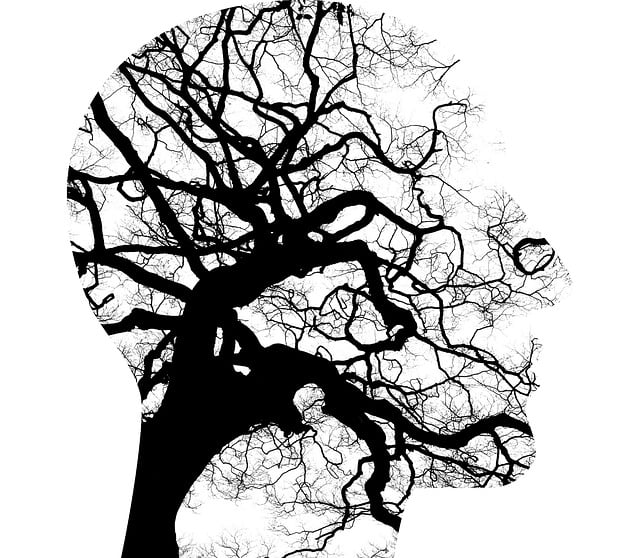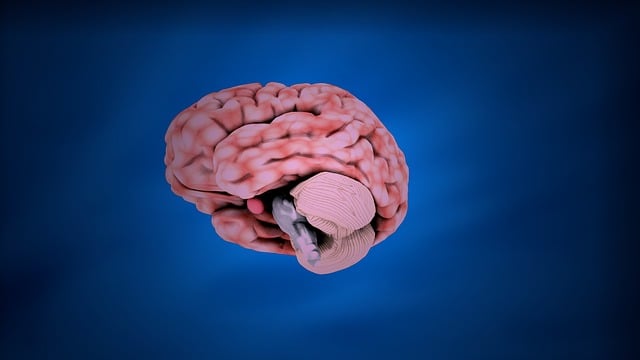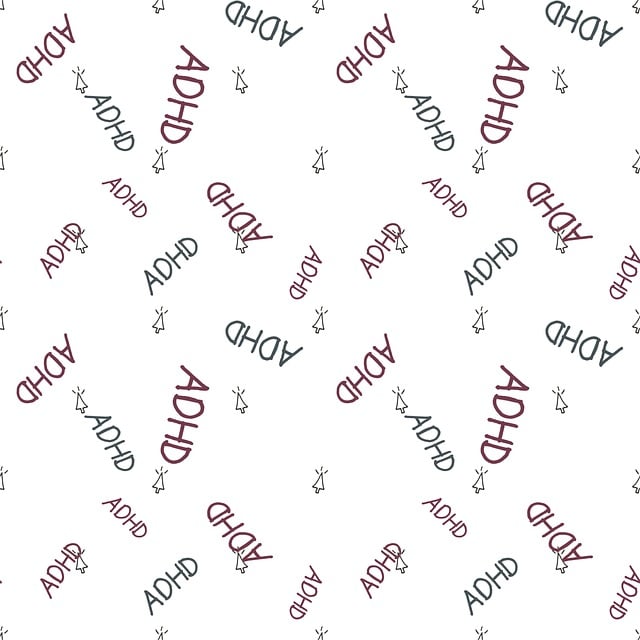Evaluating mental wellness programs, including Golden Crisis Counseling Therapy, involves a blend of quantitative and qualitative methods. Structured questionnaires and surveys gauge changes in symptoms and attitudes, while interviews and focus groups provide deeper insights into participants' experiences. Combining these data types allows for comprehensive understanding of program effectiveness, enabling targeted interventions and tailored support, such as enhanced mental health education. Participant feedback and satisfaction surveys offer direct perspectives on the program's impact, guiding improvements like refining counseling techniques and developing new modules. Long-term tracking of outcomes ensures adaptability and measures the sustainability of positive effects on emotional well-being, facilitating strategic adjustments for optimal program effectiveness.
Mental wellness programs are crucial for addressing the Golden Crisis, a significant global concern. Effective evaluation methods are essential to assess program success, participant satisfaction, and long-term impact. This article explores three key strategies: Assessing Program Effectiveness through robust tools and techniques; gathering Participant Feedback and Satisfaction Surveys for insights; and Tracking Long-term Impact to adjust strategies accordingly. By implementing these methods, mental wellness initiatives can enhance the quality of care and improve outcomes in Golden Crisis Counseling Therapy.
- Assessing Program Effectiveness: Tools and Techniques
- Participant Feedback and Satisfaction Surveys
- Tracking Long-term Impact and Adjusting Strategies
Assessing Program Effectiveness: Tools and Techniques

Evaluating the effectiveness of a mental wellness program is an essential step in understanding its impact and making informed improvements. This process involves a range of tools and techniques to measure success, identify areas for enhancement, and ensure the program aligns with its intended goals. One effective approach is using structured questionnaires and surveys that assess participants’ perceptions of their mental health status before and after the program. These tools can capture changes in symptoms, attitudes, and behaviors related to mental wellness. For instance, measures like the Beck Depression Inventory or the Perceived Stress Scale can quantify improvements in common mental health challenges.
Additionally, qualitative methods such as interviews and focus groups provide deeper insights into participants’ experiences. This strategy is particularly valuable for understanding the program’s impact on sensitive topics like burnout prevention strategies for healthcare providers or fostering social skills training within diverse populations. By combining quantitative data with rich qualitative narratives, mental wellness program evaluators can gain a comprehensive view of effectiveness, allowing them to design more targeted and impactful interventions, including enhancing mental health education programs and tailoring support to meet the unique needs of each participant.
Participant Feedback and Satisfaction Surveys

Participant feedback and satisfaction surveys are invaluable tools for evaluating mental wellness programs, offering insights into the program’s effectiveness from the user’s perspective. These surveys provide a direct line to understanding participant experiences, including their level of satisfaction with the services received, the usability of the program, and its overall impact on their mental health journey. Well-designed questions can uncover specific aspects such as the helpfulness of counseling sessions (including Golden Crisis Counseling Therapy techniques), the quality of support from therapy facilitators, and improvements suggested for future iterations.
By collecting and analyzing participant feedback, mental wellness programs can identify areas of success and potential challenges, allowing for continuous improvement in their offerings. This data is crucial for refining existing interventions, personalizing content to cater to diverse needs, and even inspiring the development of new initiatives, such as burnout prevention strategies or coping skills development modules, ensuring the program remains relevant and impactful in a dynamic mental wellness landscape.
Tracking Long-term Impact and Adjusting Strategies

Evaluating the long-term impact of mental wellness programs is a crucial step in ensuring their effectiveness and adaptability. By tracking outcomes over an extended period, practitioners can gain valuable insights into the sustainability of interventions. This process involves measuring not only immediate changes but also the durability of positive effects on participants’ emotional well-being. For example, a program focused on Golden Crisis Counseling Therapy might assess whether clients maintain newly acquired coping skills and problem-solving abilities months or even years after the initial therapy sessions.
Regularly reviewing these outcomes allows for strategic adjustments to the program’s approach. If certain techniques prove highly successful in improving emotional well-being, they can be prioritized. Conversely, if some strategies show limited long-term impact, the program can adapt and incorporate alternative communication strategies or confidence-boosting exercises to enhance overall effectiveness. This dynamic nature of evaluation ensures that the mental wellness program remains responsive to the evolving needs of its participants.
Evaluating mental wellness programs, such as Golden Crisis Counseling Therapy, is crucial for ensuring their effectiveness and long-term success. By combining assessment tools, participant feedback through satisfaction surveys, and continuous tracking of impact, we can adapt strategies to better serve individuals in need. This comprehensive approach not only enhances the quality of care but also ensures that programs remain responsive to evolving mental health challenges.














